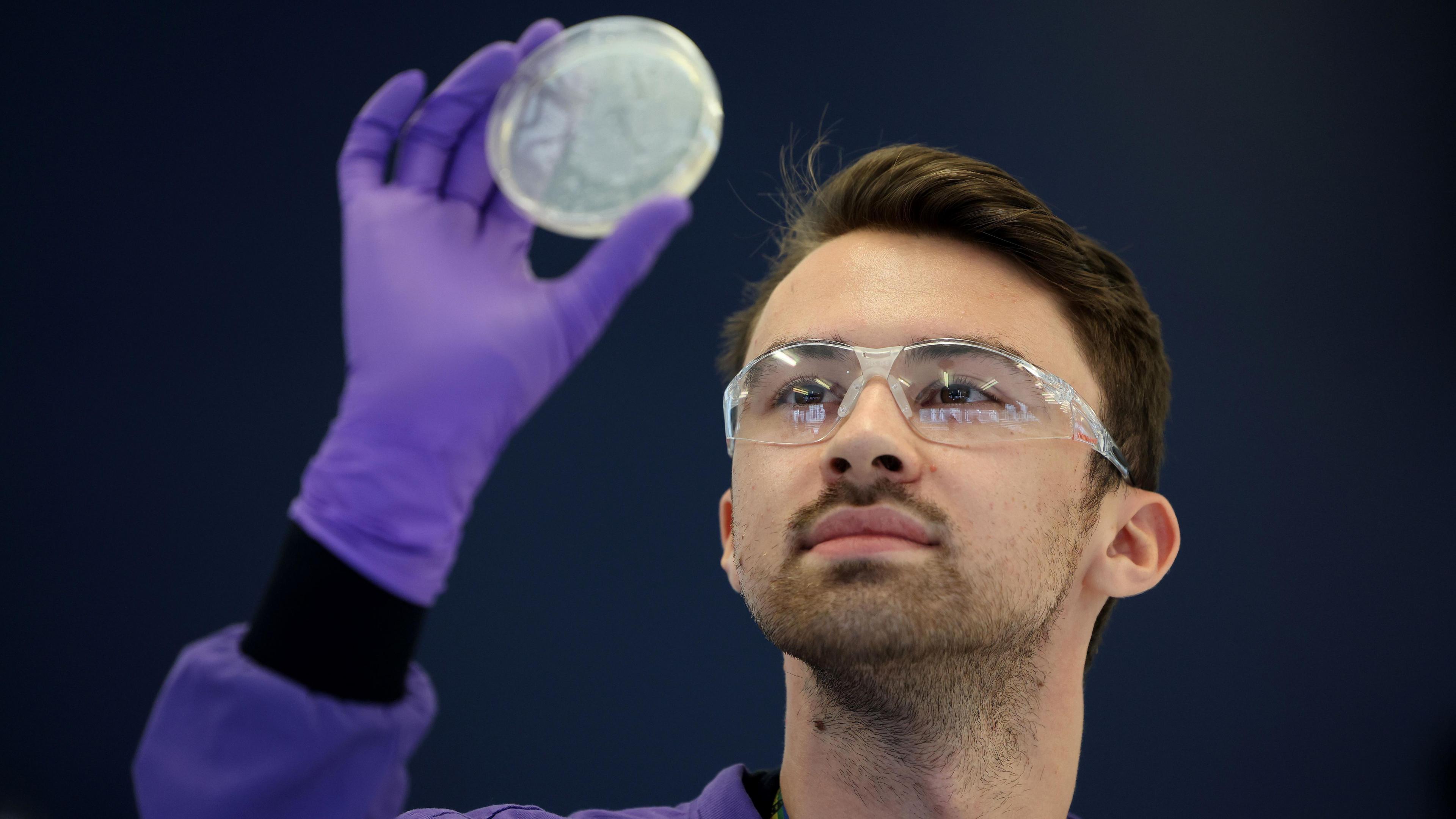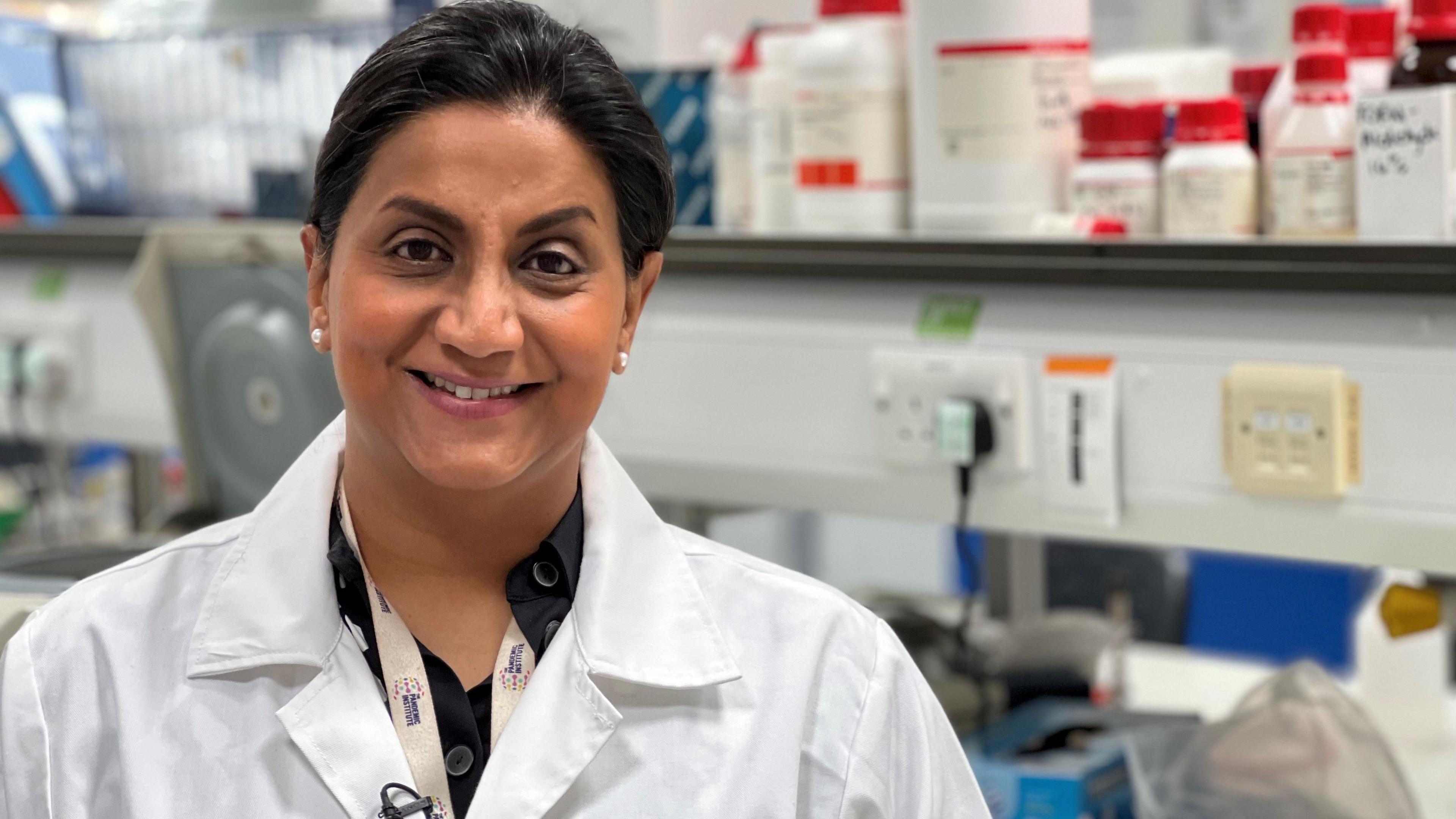Microbiome hub will tackle deadly diseases - mayor

The hub will help to support around 60 businesses working within this field across Liverpool City Region
- Published
A new research hub will make sure a region plays a key role in tackling deadly diseases, a mayor has said.
The Microbiome and Infectious Disease Innovation Hub (MaID) in Merseyside will explore the healthcare potential of microbiomes.
Microbiomes are communities of microorganisms found throughout the human body, with potential uses in veterinary health, agriculture, and as alternative to antibiotics.
They could also offer new approaches for tackling cancer, mental health disorders and the global threat of antimicrobial resistance, a Liverpool City Region Combined Authority spokesperson said.
The hub, which has been given more than £1m in Life Sciences Innovation Zone funding, would also support around 60 businesses operating in the field, the spokesman added.
Professor Jo Fothergill from the University of Liverpool's Microbiome Innovation Centre said: "This latest funding and the launch of MaID allows us to build momentum and further strengthen Liverpool's position as a thriving hub for life sciences innovation."
Mayor Steve Rotheram said the project would support "bold, world-leading science that creates jobs, attracts investment, and tackles some of the greatest challenges facing global health".
"By backing cutting-edge research and helping businesses scale, we're putting our region firmly on the map as a global force in health and life sciences," he added.
The hub is being delivered in partnership with technology innovation centre CPI, and aims to establish the city region as the best place for microbiome innovation.
'Worth billions'
Microbiomes play a crucial role in bodily functions such as digestion, metabolism and mucus production, as well as serving as a first line of defence against harmful organisms.
The UK is currently the world's third-largest microbiome researcher but needs to be able to compete within an expanding global market that is soon expected to be worth billions of pounds, the city region spokesperson added.
MaID is among the first of 20 Life Sciences Innovation Zone projects that are expected to create 8,000 new jobs and attract up to £800m investment to the Liverpool City Region over the next 10 years.
It will build on the city region's existing strengths in microbiome innovation, including the University's Microbiome Innovation Centre (MIC) and Centre for Genomic Research and will use CPI's expertise to help innovators de-risk and scale up.
Get in touch
Tell us which stories we should cover on Merseyside
Listen to the best of BBC Radio Merseyside on Sounds and follow BBC Merseyside on Facebook, external, X, external, and Instagram, external. You can also send story ideas via Whatsapp to 0808 100 2230.
More like this story
- Published13 January

- Published25 March
